Med ’Canes on the
Front Lines
From caring for COVID-19 patients at the epicenter of a pandemic to enforcing stringent safety protocols, Med ’Canes continue to protect the health of communities they serve with optimism, courage, and foresight.
By Priyanka Sinha
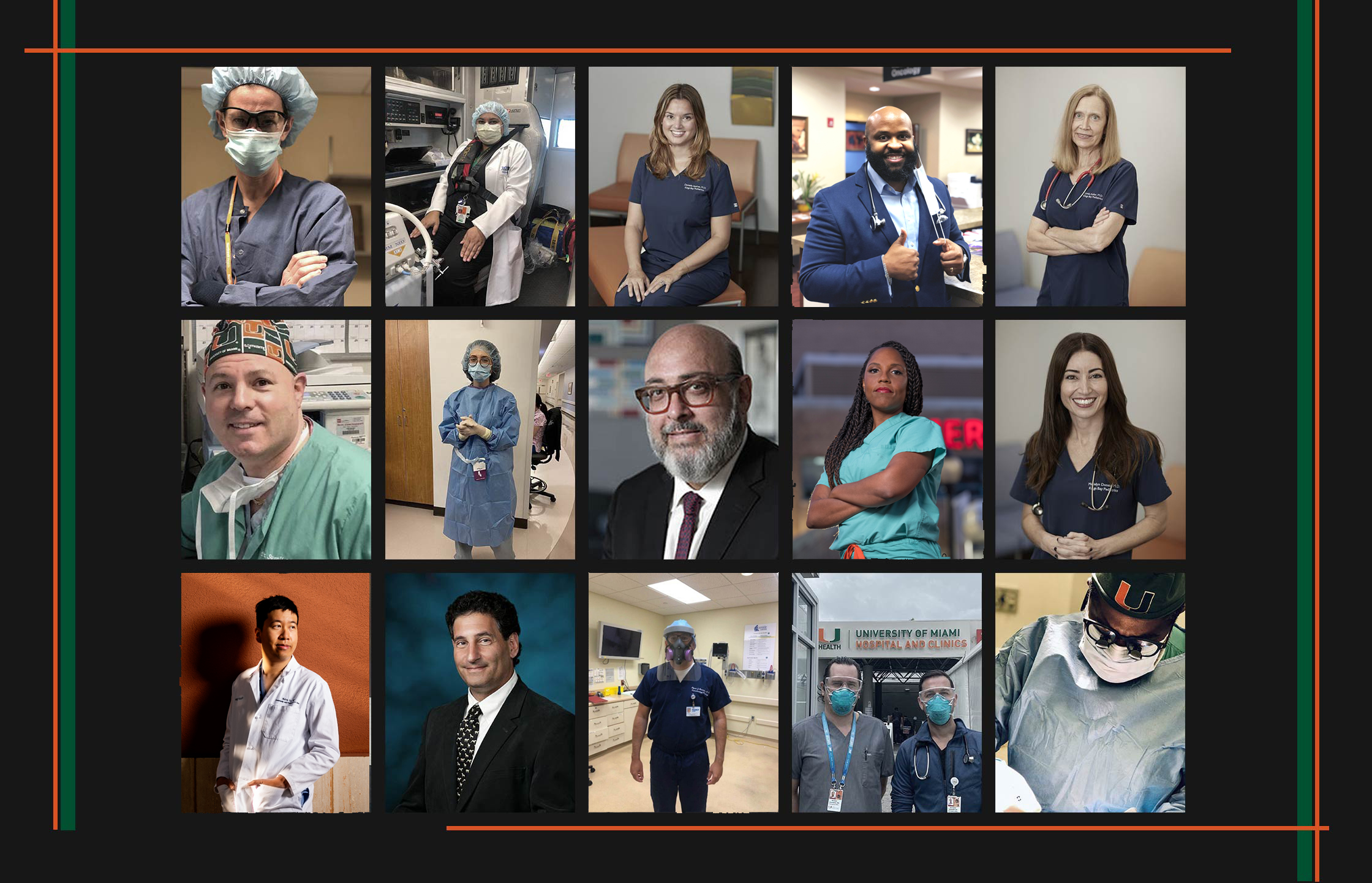
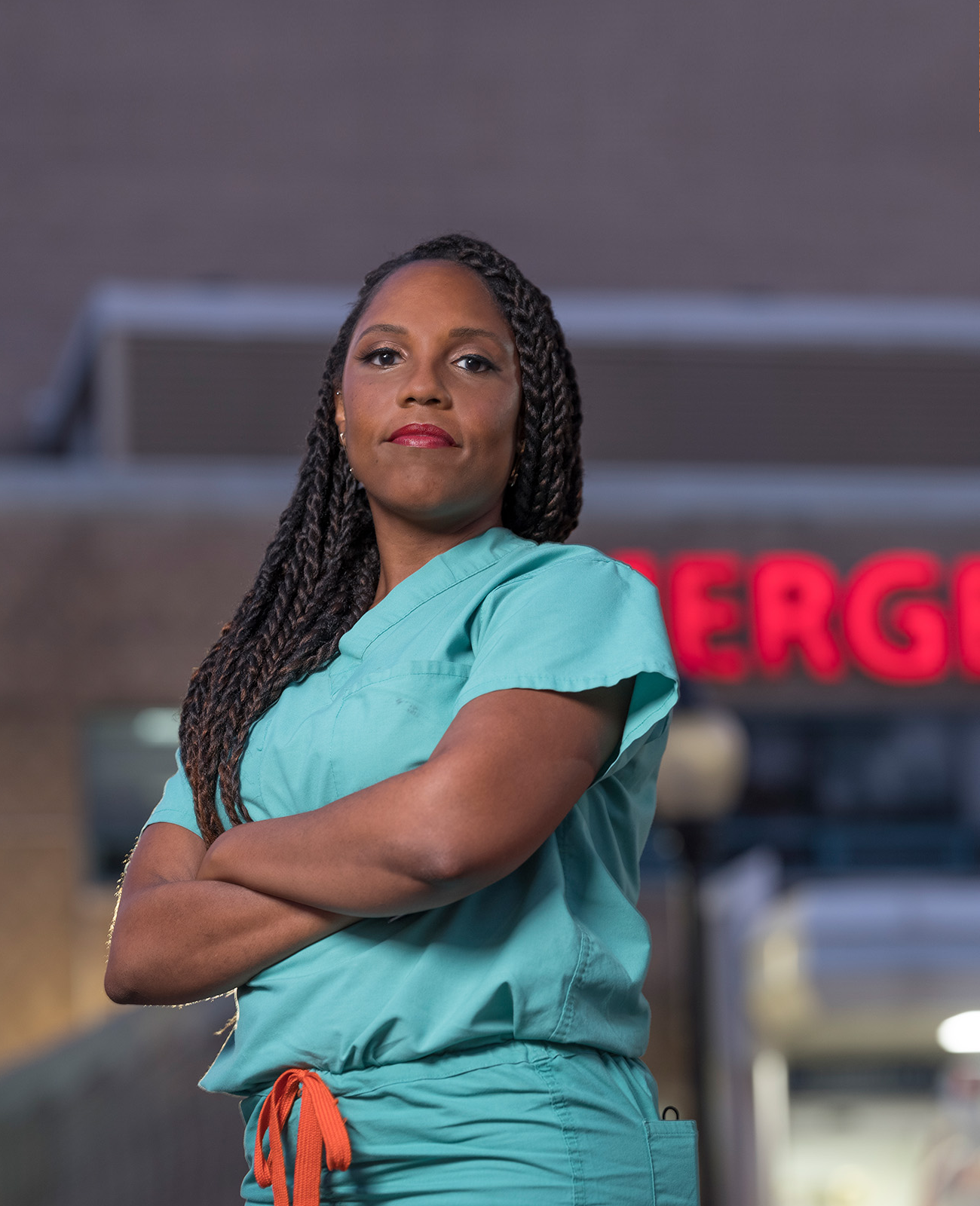
Nashley Harrigan, M.D. ’11. As a nocturnist emergency medicine physician at the Montefiore Health System in the Bronx, New York, Dr. Harrigan is caring for patients with COVID-19. Her unit is the first to evaluate, intubate — if needed — and treat all COVID-19 patients when they arrive at the emergency department. When the pandemic first hit New York City in the spring, she and her staff were pushed to their limits. Read more
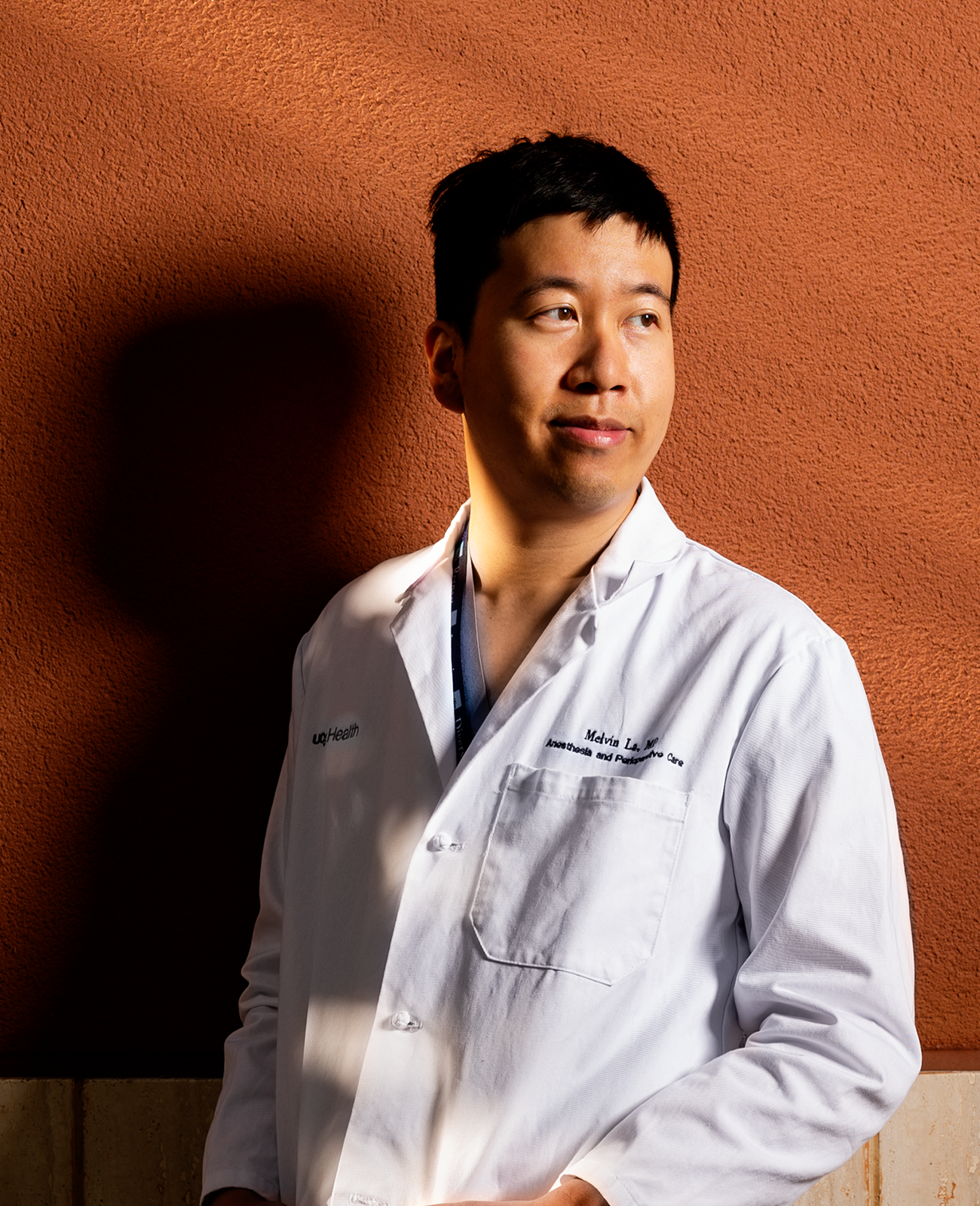
Melvin La, M.D. ’14. In April, three days before Dr. La arrived in New York City, there were more than 20,000 patients hospitalized with COVID-19 in area hospitals. The need was so overwhelming that he and 19 other University of California, San Francisco (UCSF) volunteers were beginning a one-month assignment providing urgently needed care for patients in the New York-Presbyterian (NYP) hospital system. Read more
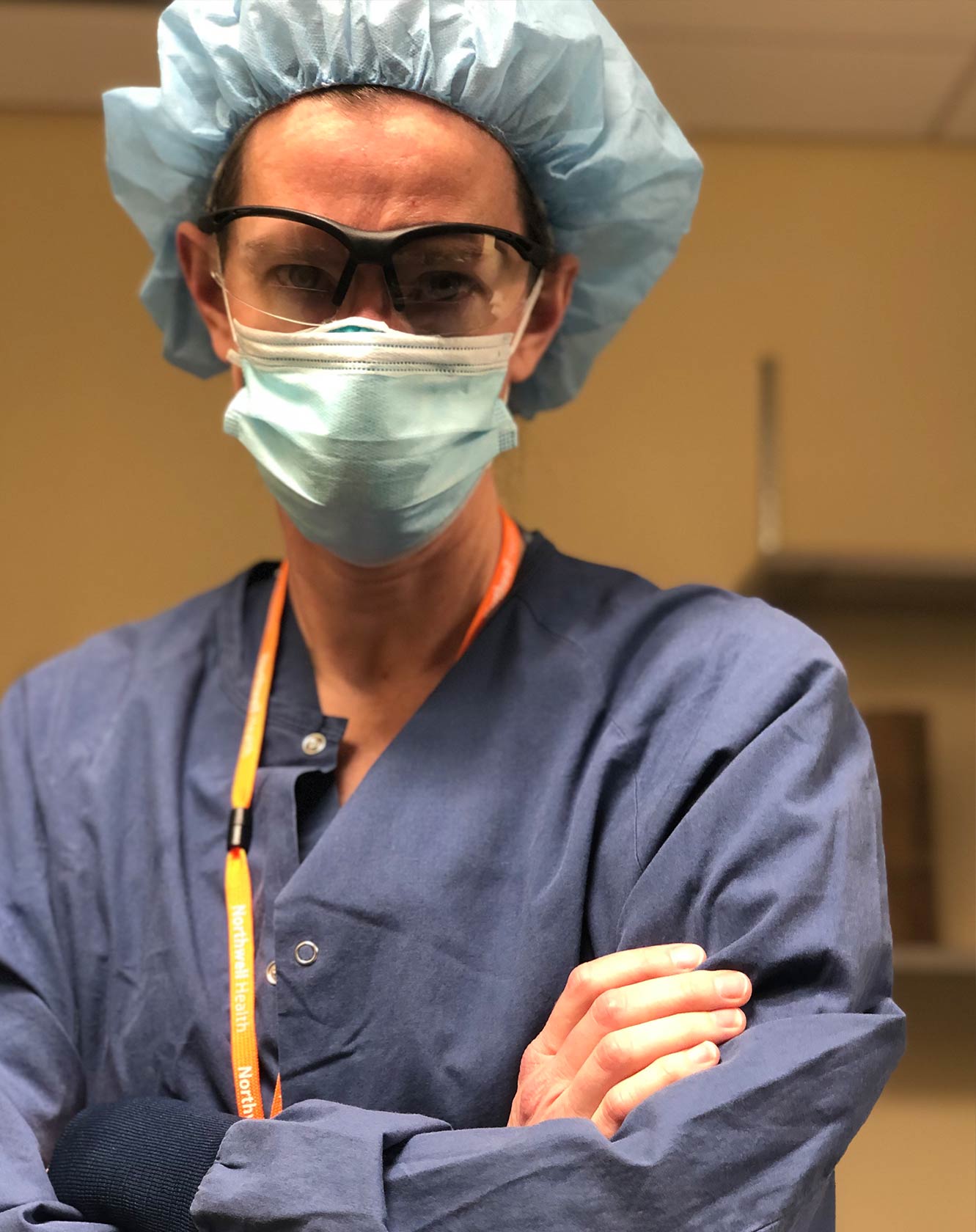
Colleen Fitzpatrick, M.D. ’99, a pediatric surgeon in St. Louis, Missouri, decided to serve in adult COVID-19 units at Syosset Hospital and Long Island Jewish Hospital in New York when the pandemic was at its peak there. Dr. Fitzpatrick completed her general surgery residency on active duty in the U.S. Air Force at Wilford Hall Medical Center and the University of Texas Health Science Center at San Antonio. Dr. Fitzpatrick’s residency, along with her training at the Miller School, helped her fight COVID-19.
Dr. Fitzpatrick said, “It provided me with a solid foundation in the principles of critical care.” Her message to those on the front lines: “Celebrate your success, and take care of each other.”
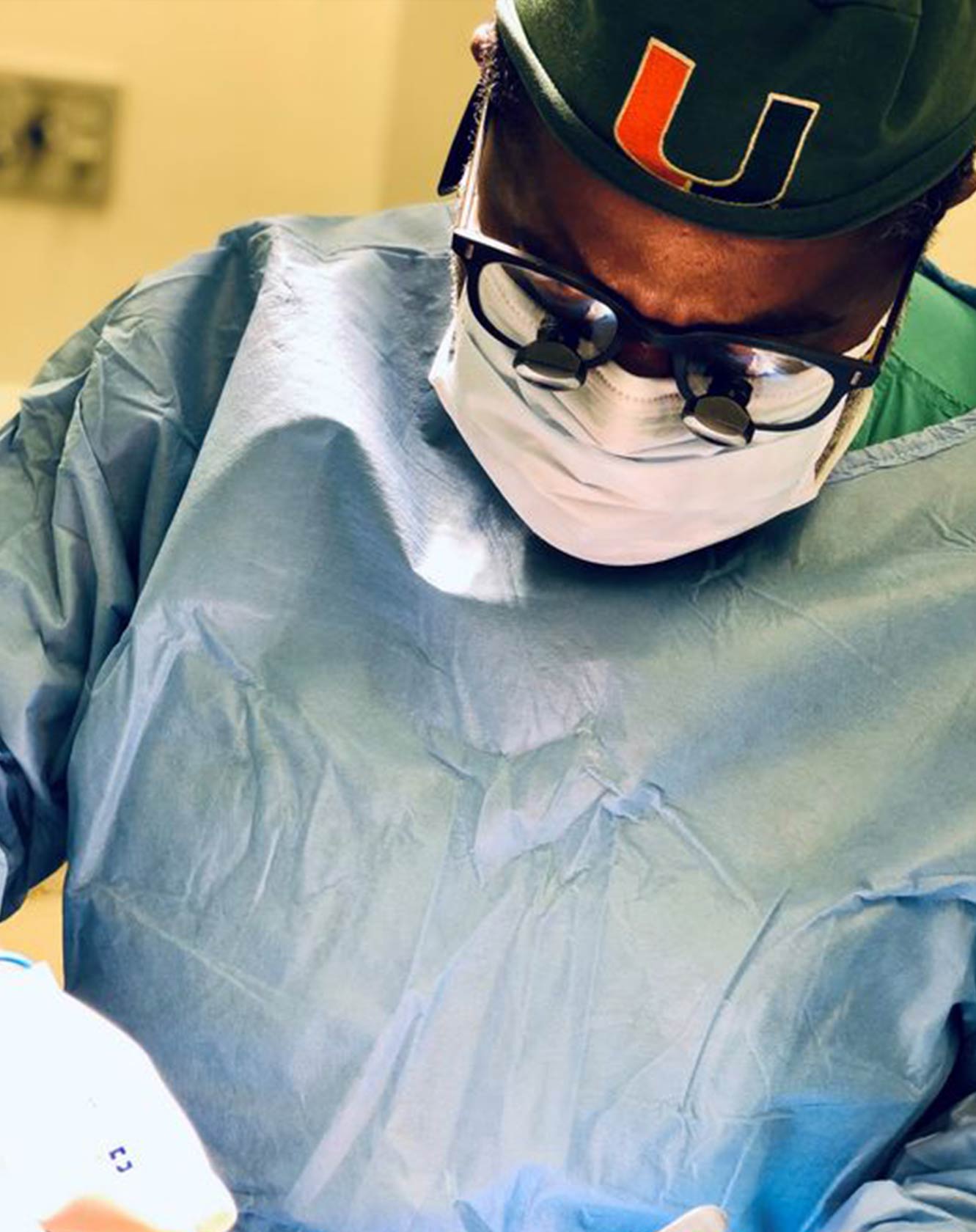
Roger Blake, M.D. ’94, a surgeon in Cleveland, Mississippi, continues to be concerned about COVID-19 and the country’s reopening.
Dr. Blake said, “I’m not sure we have adequate testing and contact tracing for wide reopening. The recent surges of infections in several states are very concerning.
He takes precautions through social distancing, compulsive hand hygiene, and wearing an N95 mask when he’s in contact with positive or potentially positive patients.
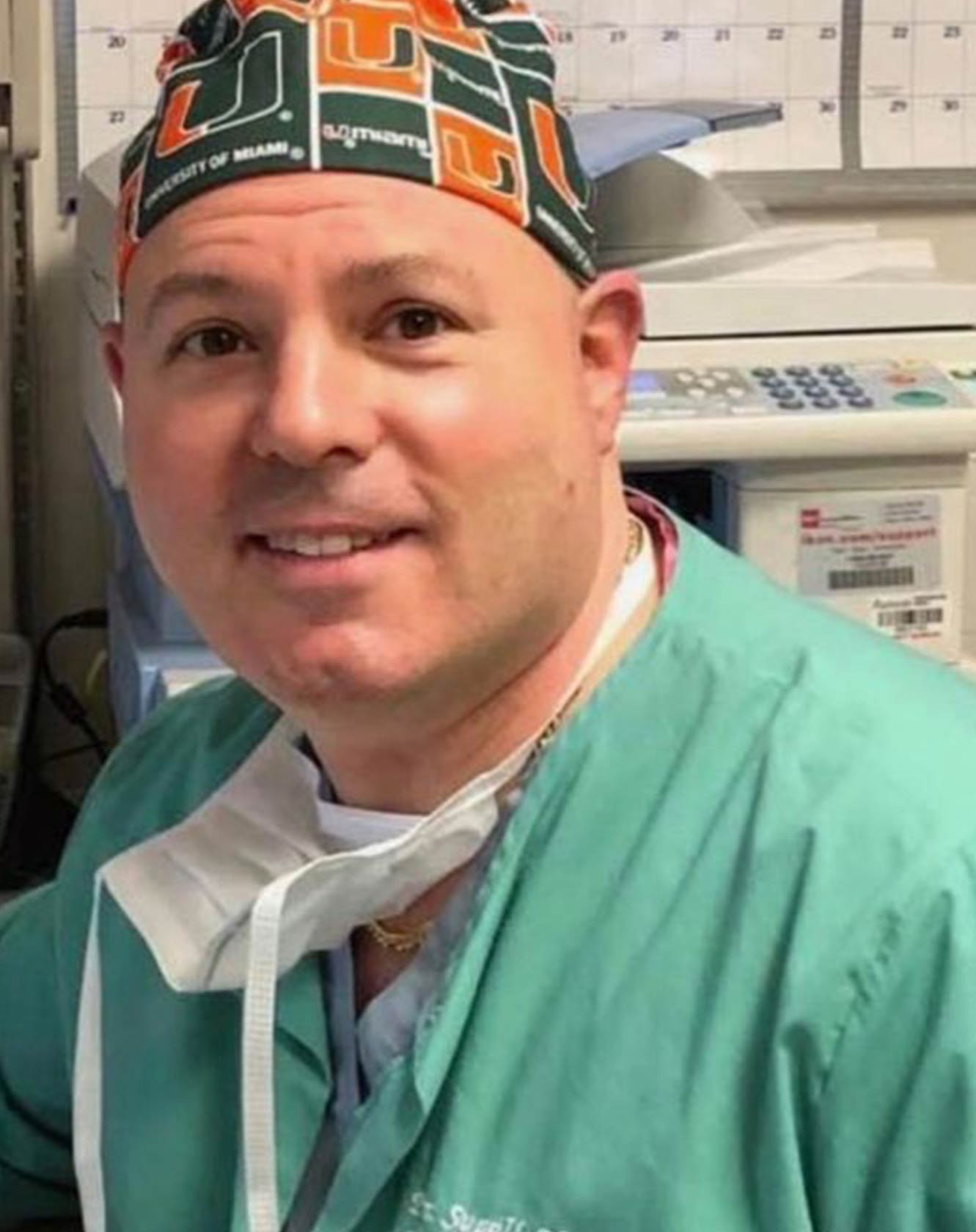
Paul Sygall, M.D., ’95, an anesthesiologist in Greenwich, Connecticut, is on the front lines of fighting COVID-19. He’s affiliated with Greenwich Hospital and is the president of Greenwich Anesthesiology Associates. He described the health care team’s response to the COVID-19 pandemic and coming together to battle such a devastating infection as “awe-inspiring.” His training prepared him to work at a high-performance level in emergencies.
Dr. Sygall said, “Training at the Miller School and Jackson Health System provided a similar mass casualty experience. Treating patients during this pandemic reminds me of protecting the health of our HIV, hepatitis C, and tuberculosis patients during the ’90s.”
He’s not surprised doctors are stepping up to the plate — “it’s what we signed up for.”
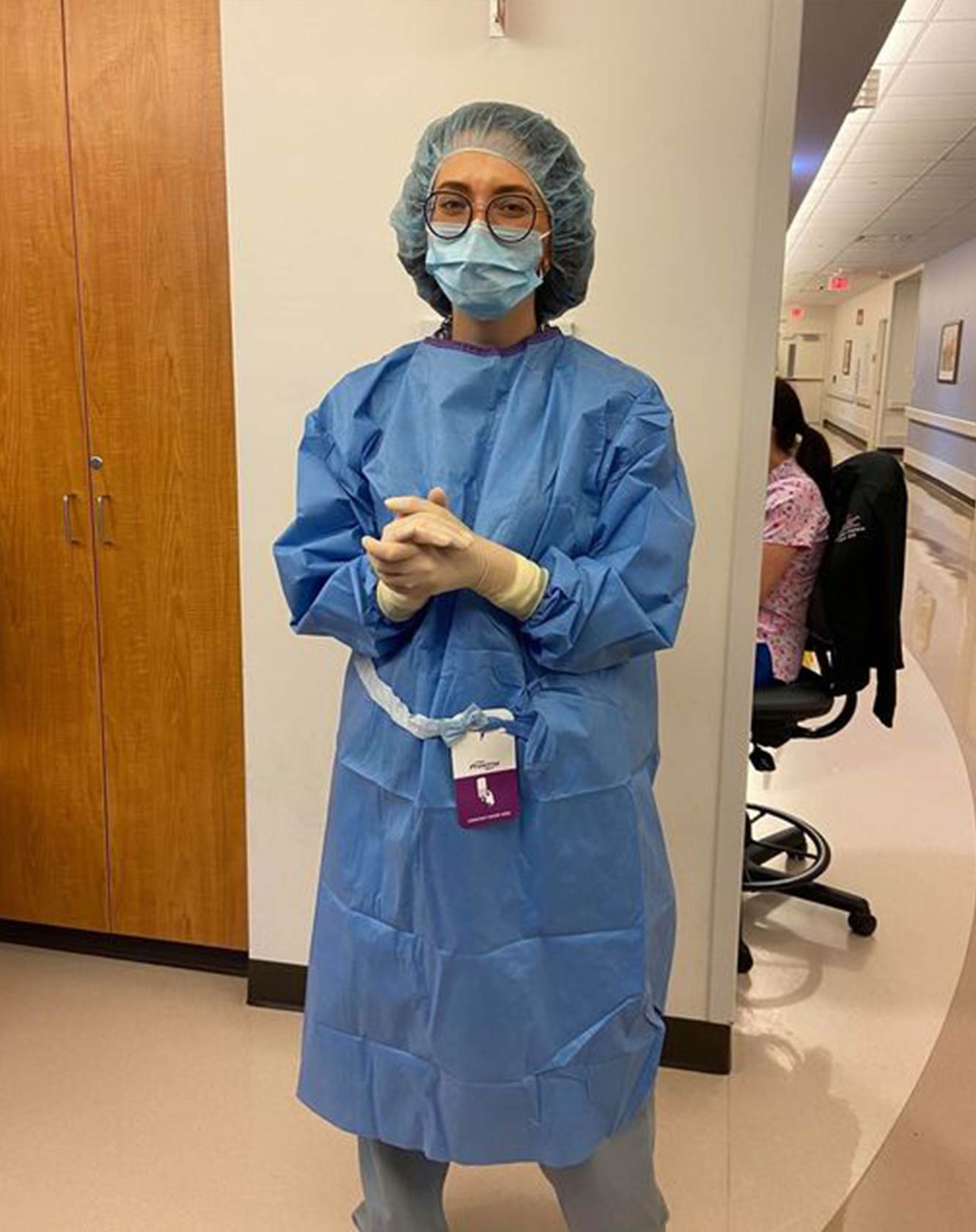
Nawara Alawa, M.D. ’18, M.P.H. ’18, is in her final year of residency in general pediatrics in Houston, Texas, and is applying for a PICU fellowship. She continues to wash her hands frequently, wear a mask, be there for her patients and families, and be mindful of how she interacts with her community.
Dr. Alawa said, “We opened up a little too quickly, and we’re seeing the effects of that now. Our case rates are rapidly rising, and we’re hitting our ICU capacities at Texas Medical Center — the largest medical center in the world.”
She’s eager to be on the other side of the pandemic. She added, “We’ve learned so much about the virus and how to treat it, but we’ve also learned about the importance of gratitude in uncertain times.”
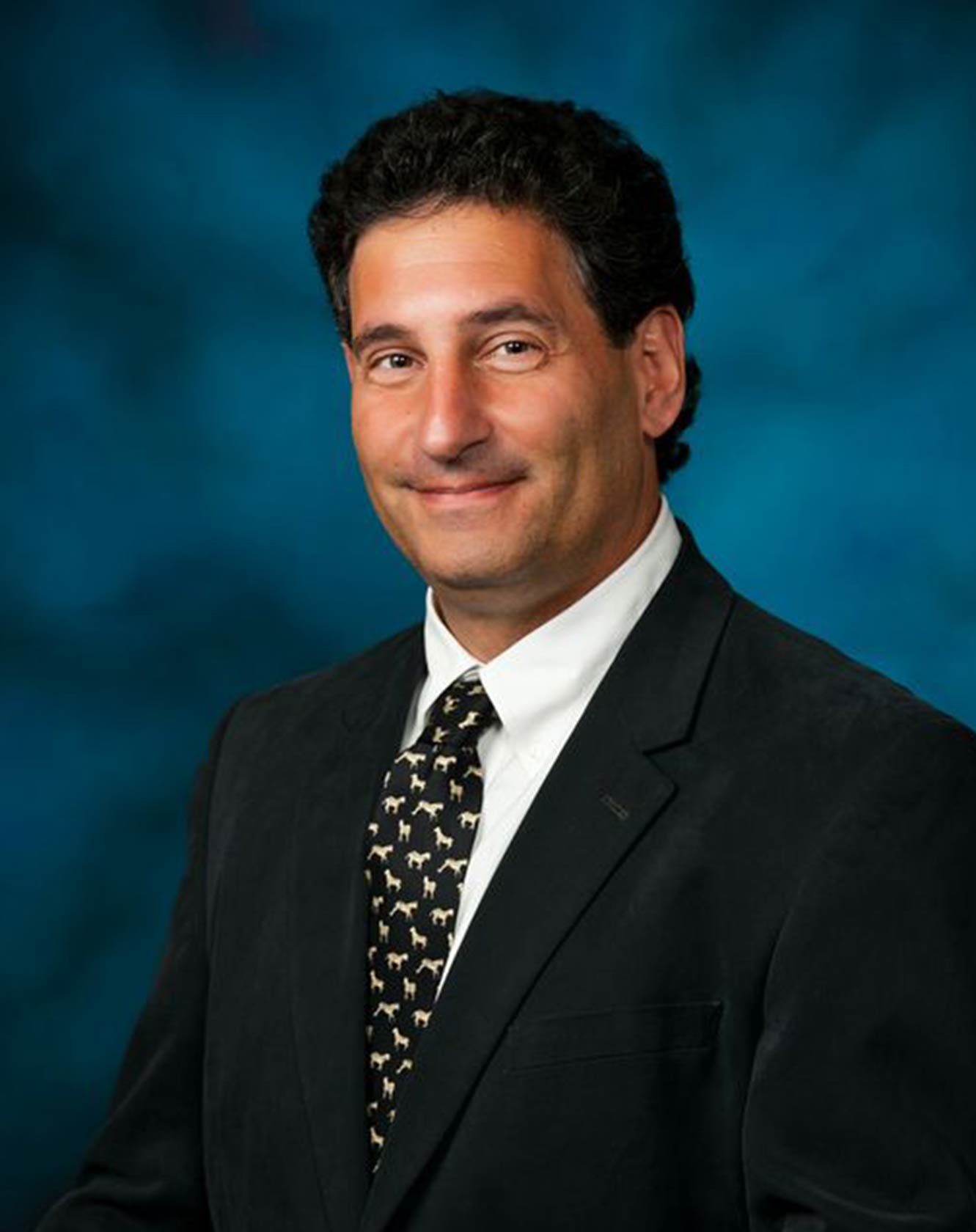
Jeff Hersh, Ph.D., M.D. ’90, is the chief medical officer for GE Healthcare, which has been developing necessary equipment for the COVID-19 pandemic. Dr. Hersh says GE was able to pivot quickly to increase production of ventilators by working with the Ford Motor Company to make 50,000 pandemic-specific ventilators over four months. The company is now focusing its efforts on the increasing demand for non-COVID-19 care, like imaging and contrast agents.
Dr. Hersh said, “I’m extremely proud of the GE employees who stepped up to work longer hours in factories, left their homes to go to a factory to work, and stepped out of their comfort zone.”
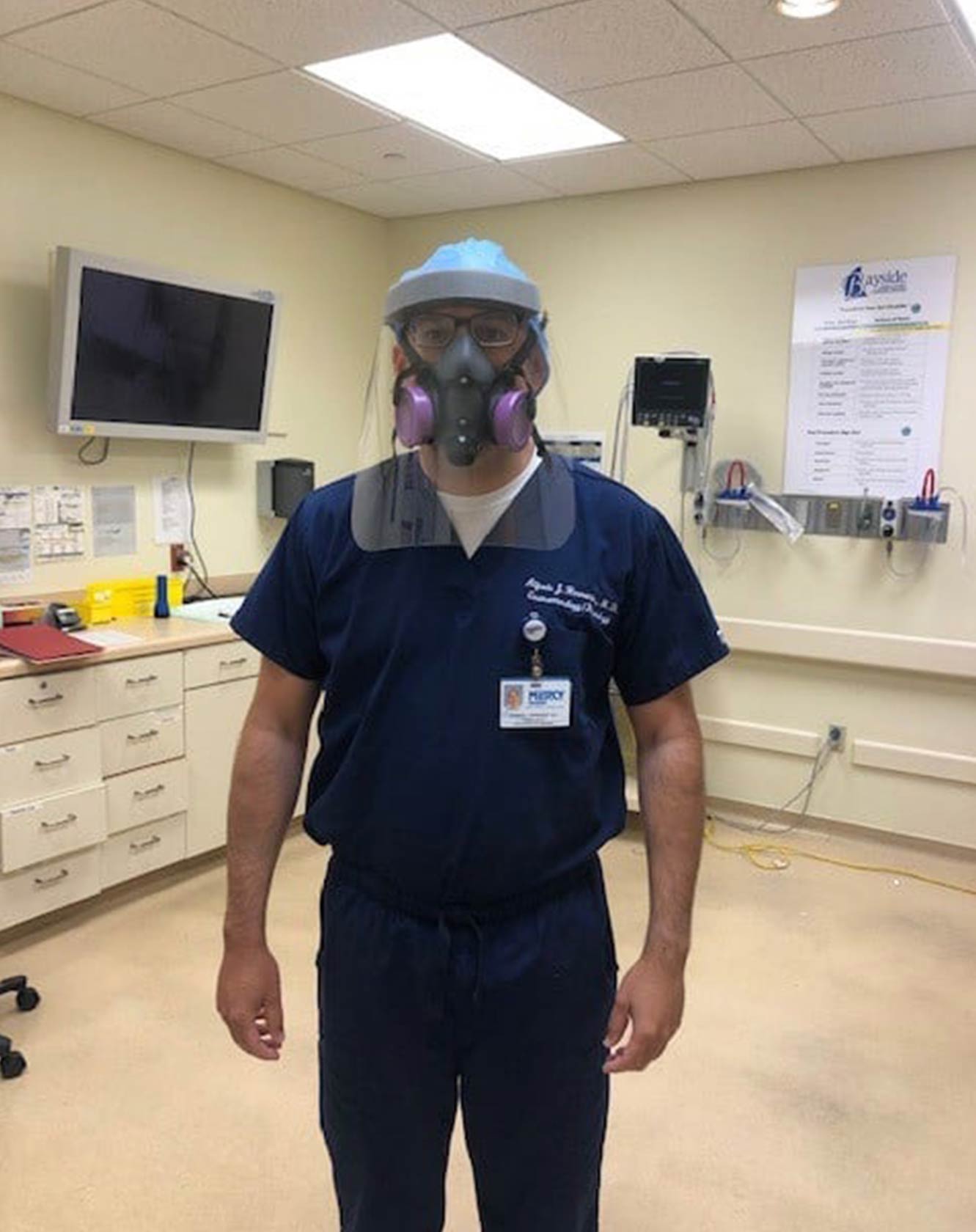
Alfredo Hernandez, M.D. ’00, is a gastroenterology specialist at Gastro Health in Miami. His clinics have been able to reopen outpatient endoscopy services, thanks to stringent screening and cleaning protocol.
He said, “Even though Miami has started to reopen, we are still considered one of the epicenters of this pandemic. Despite this, we’ve been able to care for our hospitalized patients, as well as keep our office practices open with the help of technology in the form of telemedicine.”
Dr. Hernandez is optimistic about the future in the face of COVID-19. He said, “I feel that society and health care providers together will overcome this pandemic.”
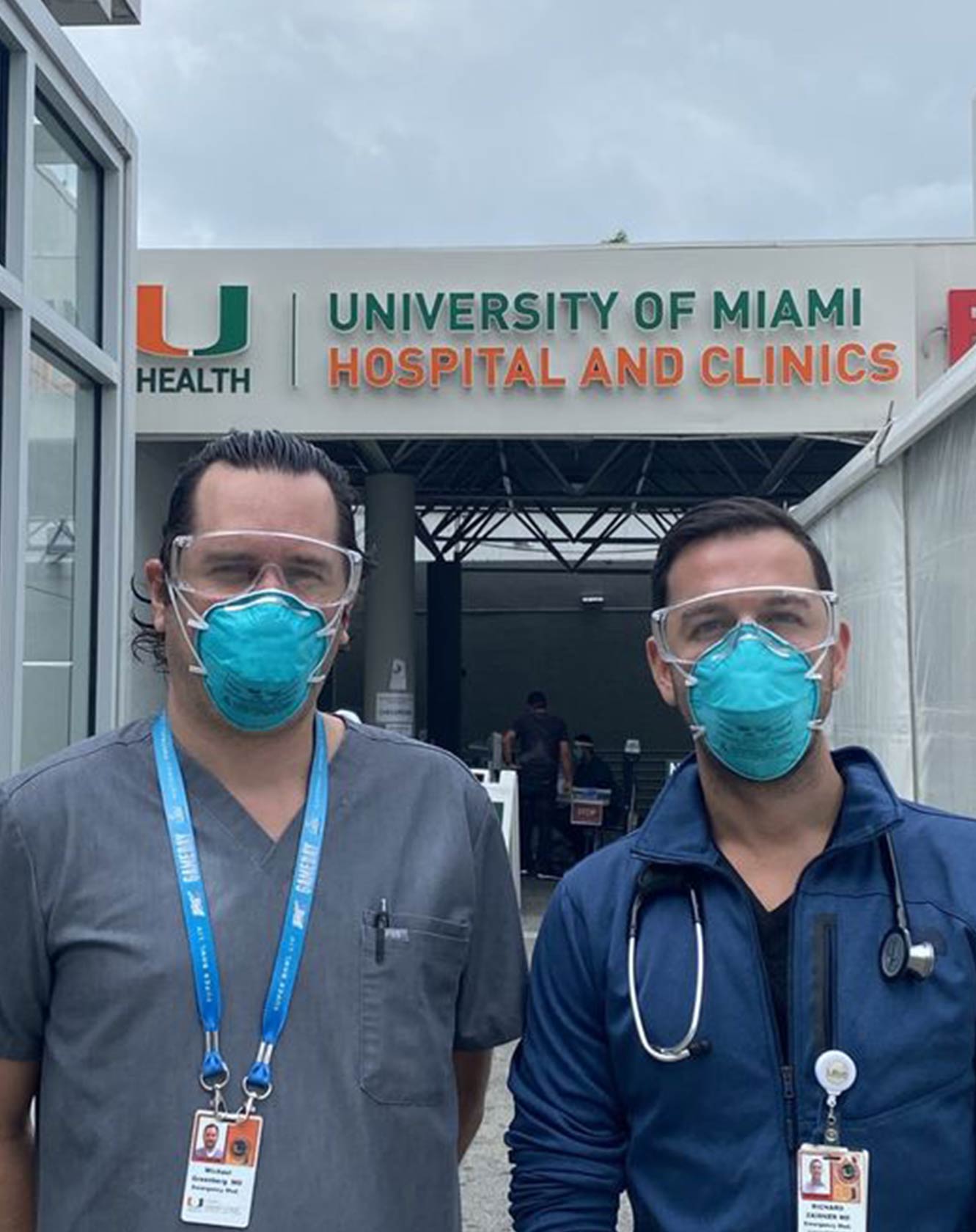
Richard Zaidner, M.D. ’08, and Michael Greenberg, M.D. ’05, are emergency medicine physicians at the University of Miami Hospital and Clinics. Since COVID-19 rates are increasing and there’s such a wide range of symptoms associated with the virus, both doctors treat every patient as a potential carrier. Employees are also required to wear extra protective gear for every patient encounter.
They note that the University of Miami was on top of safety measures from the very beginning and said, “We were the first to set up triage screening outside and build a tent to group high-risk patients away from others to prevent cross-contamination.”
Their message to those who aren’t on the front lines: “Everyone can do their part to flatten the curve. Avoid large groups, keep your face covered, and wash your hands as much as you can.” The word both doctors use to describe their COVID-19 experience is collaboration. They added, “It’s amazing to see everyone at the hospital and the community come together to fight this pandemic.”
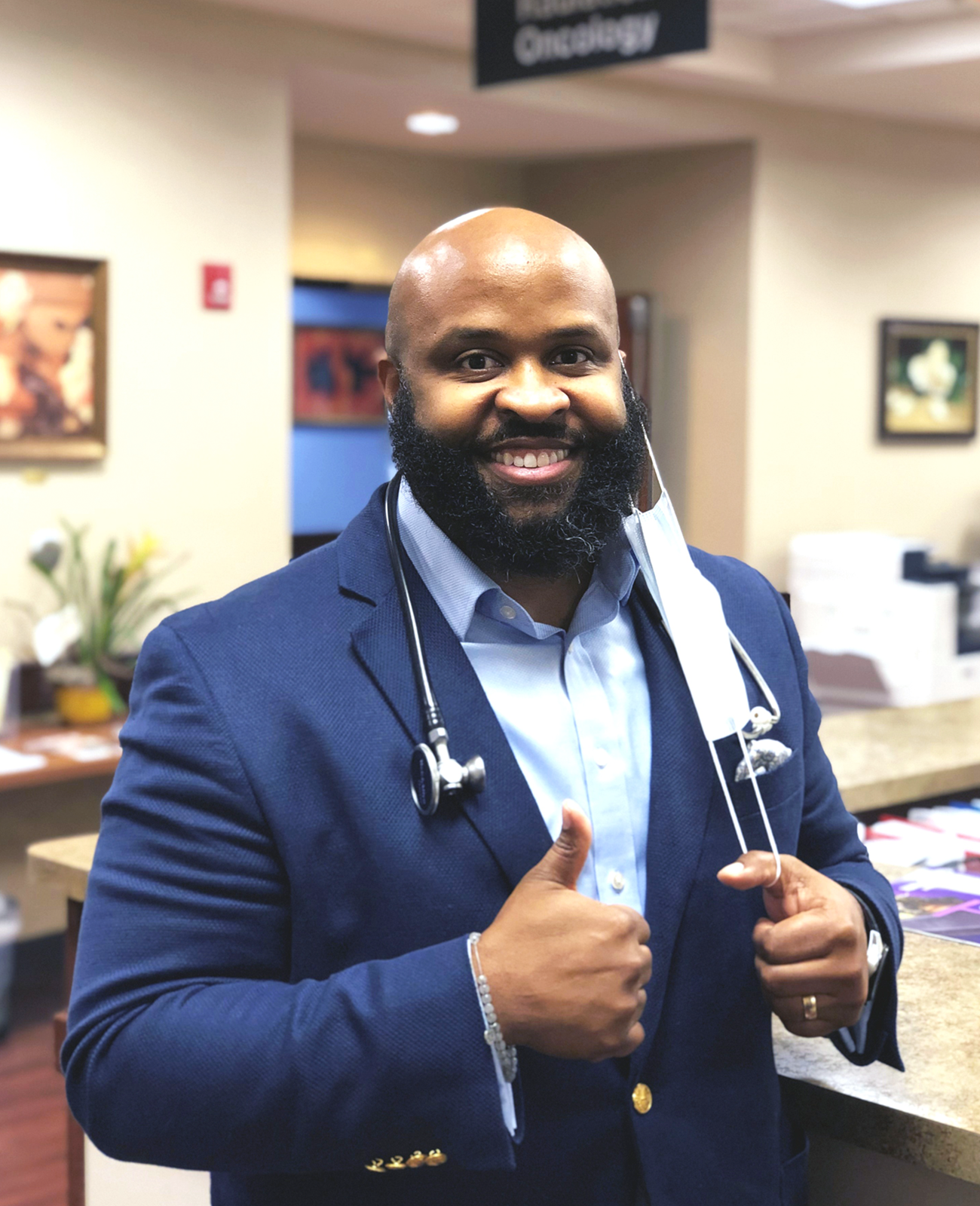
Chancellor Donald, M.D. ’03, is the chief medical officer of Taking Aim at Cancer in Louisiana — a statewide initiative — and an assistant professor of clinical medicine at Tulane University.
Dr. Donald said, “One of many challenges has been to deliver treatment and follow-up care for patients during a pandemic without preventive or pathogen-directed therapies. This challenge is compounded when patients have to navigate a health care system that’s altered in such an unprecedented way.”
As an oncologist, Dr. Donald must have difficult conversations with patients while wearing personal protective equipment. He said, “This interferes with the nuances and subtleties of assessing patients’ emotional reactions while providing an empathetic connection.”
To cope with COVID-19, he said, “My family has integrated a greater role of meditation and mindfulness in our lives. The word he uses to describe moving forward in a pandemic is resilience.
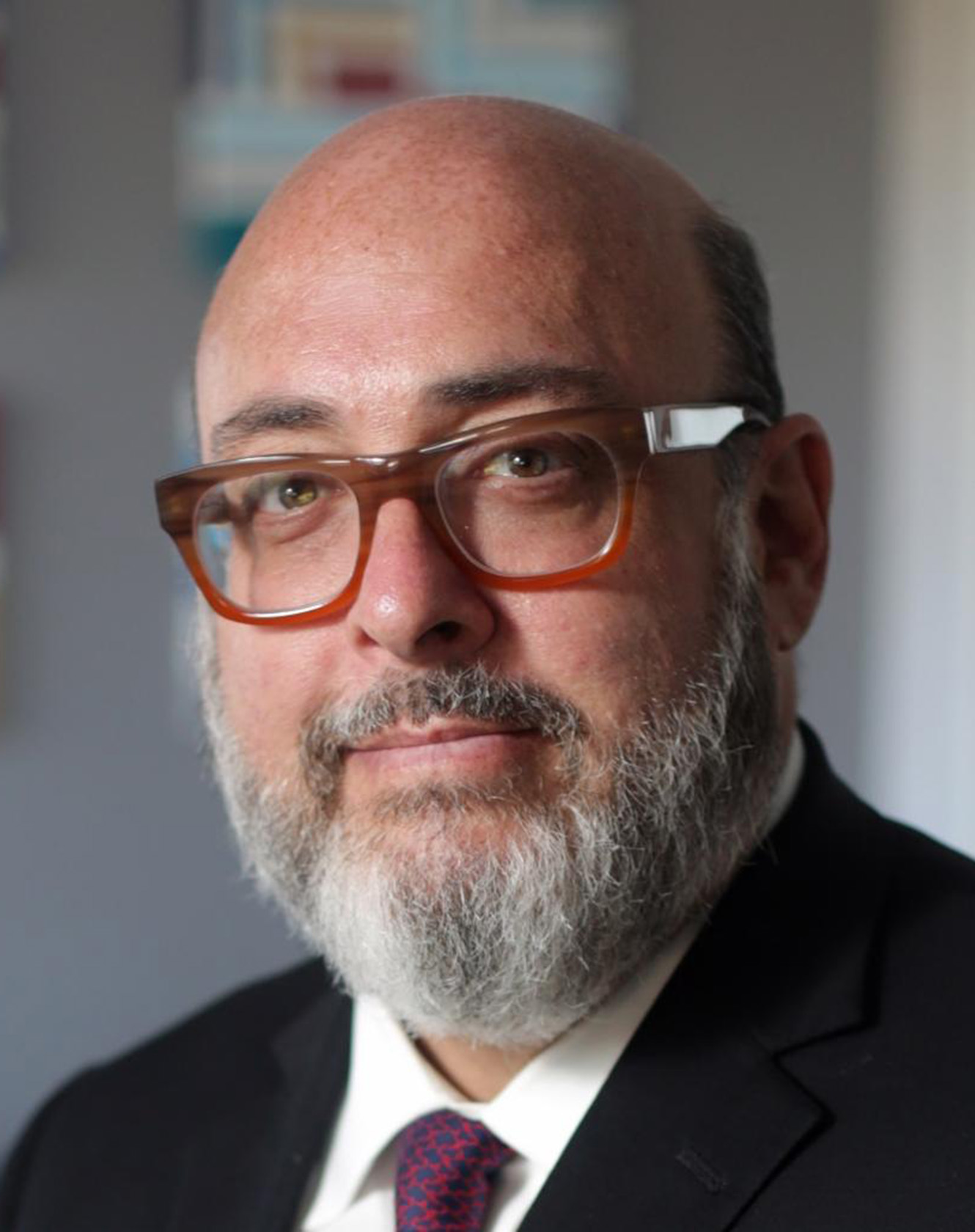
Mark Einstein, M.D. ’95, chair and professor of obstetrics, gynecology, and reproductive health at Rutgers New Jersey Medical School and interim chief medical officer of University Hospital in Newark, New Jersey, is at the forefront of mitigating COVID-19 risks as communities reopen.
Identification and containment of COVID-19 are critical to community spread, according to Dr. Einstein. He said, “Containment efforts include expanding testing sites and adding mobile units in Newark and the surrounding communities. Putting out fires quickly and containing them is better than having the raging fire we did during the initial COVID-19 surge.”
His team enforces necessary precautions, including personal protective equipment, social distancing, and advocating widespread testing. Dr. Einstein said, “All of us are tentative and anxious and living in the now. We want to maximize the protection of health care workers and don’t want to over-plan, as we will be living with a ‘COVID cloud’ for years to come.”
Dr. Einstein’s concern is tempered with optimism. He added, “We are happy to have some treatments for the critically ill and are hopeful for a vaccine. But until then, the cheap and simple public health actions are doing the trick in New Jersey.”
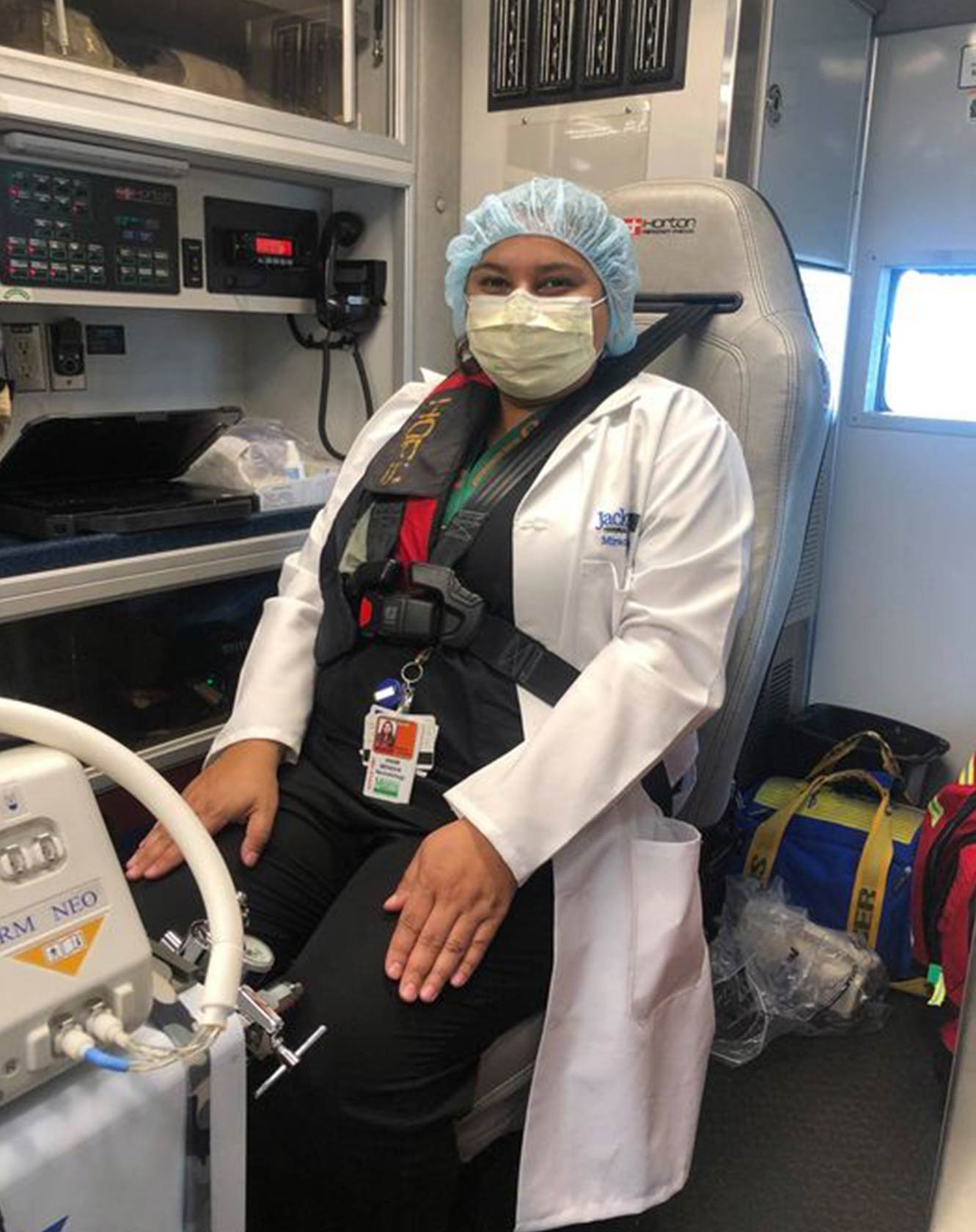
Anam Amin Mendha, M.D. ’15, is a neonatology fellow at Jackson Memorial Hospital, working on the front lines of COVID-19. Dr. Mendha’s training at the Miller School of Medicine, where she learned from those who worked during the HIV epidemic and the tuberculosis outbreak, prepared her for COVID-19.
She said, “The exceptional education I received allowed me to be prepared from a disease knowledge standpoint. It also built my skills in patient- and family-centered care.”
The pandemic has forced stringent safety protocols and social distancing requirements in clinical care — an anxiety-provoking experience for many patients as they go through treatment without their loved ones by their side.
Dr. Mendha, who’s increasingly seeing babies born to mothers with COVID-19, notes that expertise in a patient- and family-focused approach is essential.
Dr. Mendha said, “We have been prepared by the Miller School to communicate kindly to families, an incredibly important skill when caring for babies of sick mothers who have to be separated.”
Jimmy Edmond, M.D. ’94, a primary care physician in Spring Hill, believes he had the best that medical training has to offer at the Miller School and the Johns Hopkins University School of Medicine in Baltimore, Maryland.
Dr. Edmond said, “I learned not only about the science of medicine, but also the art of medicine from the best physician educators in the world.”
He continues to see patients during the pandemic via telehealth and at nursing homes, hospitals, and in his Tampa area office. He’s pictured here donating N95 masks to a nursing home. His message to others: “We will get through this together.” The word that comes to his mind when describing his response to COVID-19 is patience.![]()
Support our COVID-19 emergency relief efforts and help save lives today.


